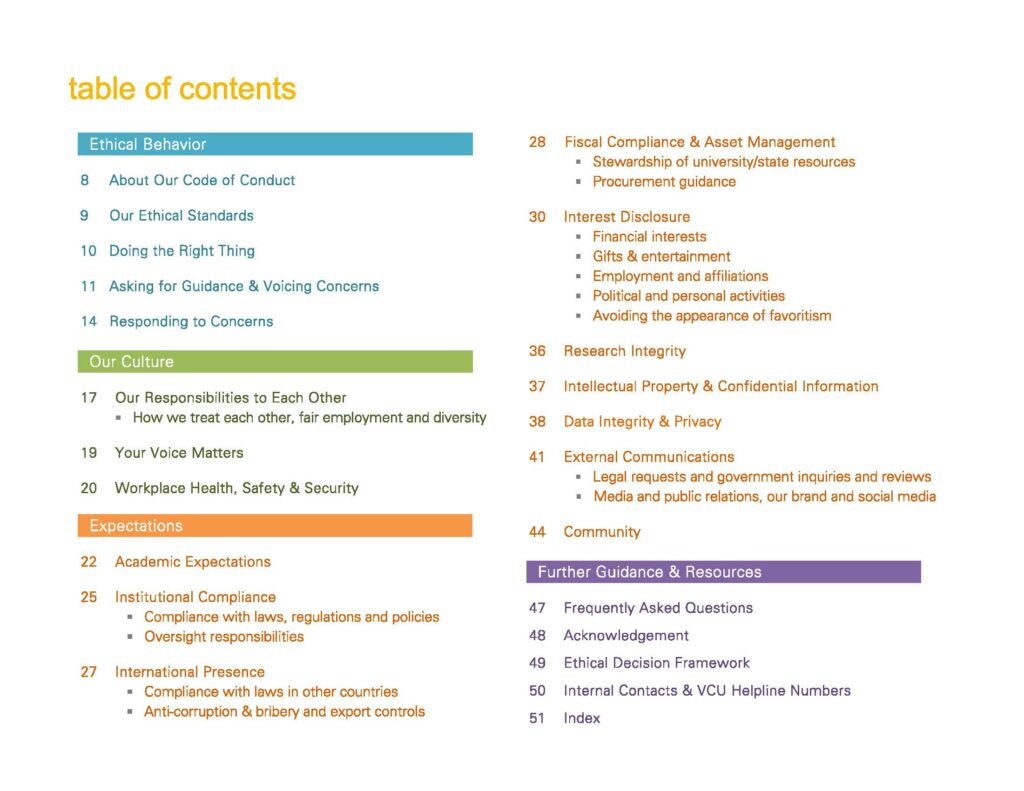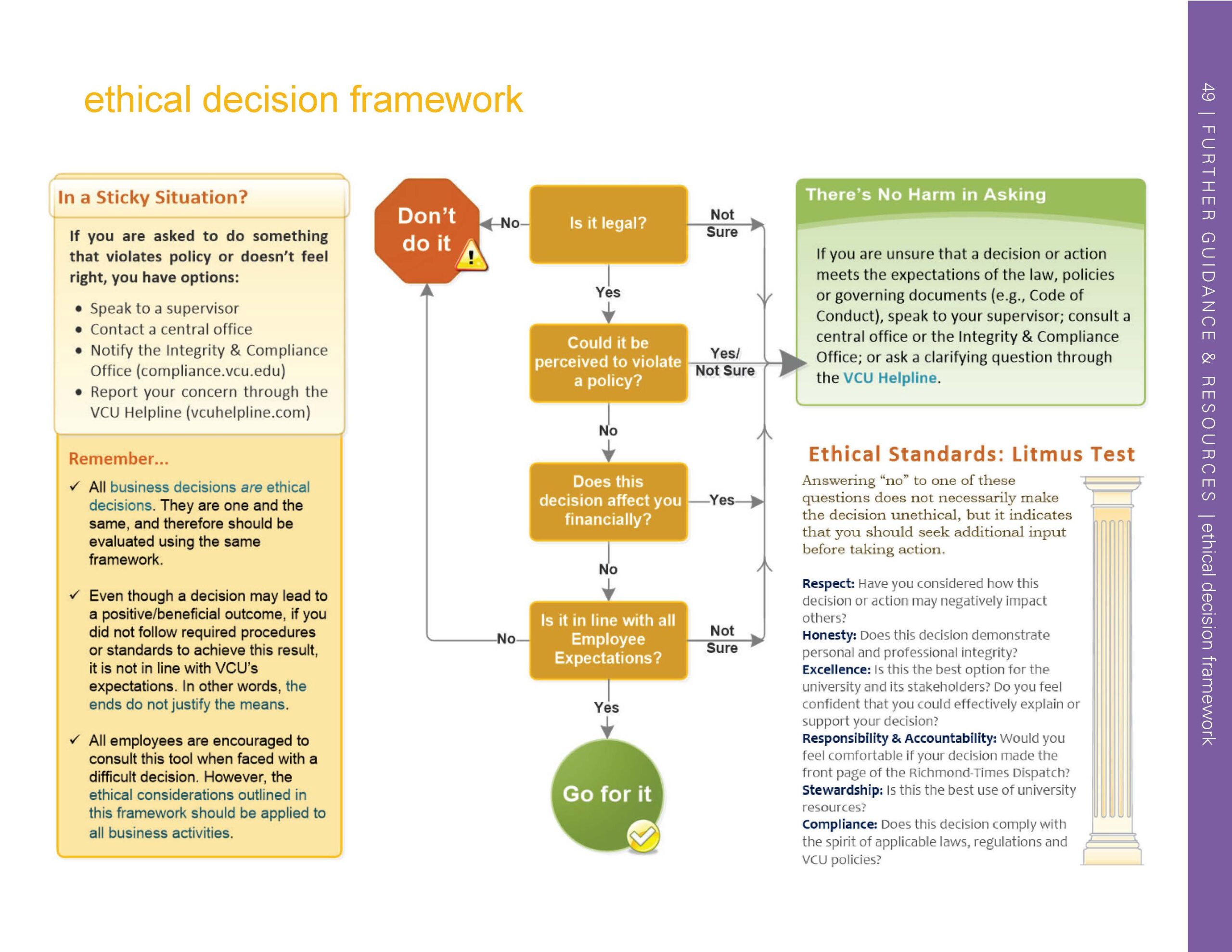Compliance Corner – Issue 2.11
Dear Reader, In an effort to streamline our process, and starting with this month’s blog, we will now combine both of our regular blog posts together into one longer monthly blog called Compliance Corner. At the top, you’ll still find the same topical content and commentary you’ve become accustomed to. And if you scroll a little further down the page, you’ll find the Compliance Case Study, featuring an actual case investigated by our office, “scrubbed” to protect the people involved, but allowing us to reflect on lessons learned. Thank you for your continued support, and feel free to contact us should you have an idea for Compliance Corner. Enjoy the blog!
Stretching a Week into a Year

Last week was Corporate Compliance and Ethics Week, established by the SCCE (Society of Corporate Compliance and Ethics) in 2005 “to shine a spotlight on the importance of compliance and ethics.” While no one can argue with that importance, this did cause me to noodle on the vast number of weeks that draw attention to something for, well, a week.
At the risk of belaboring the point, let me ask you about some of them.
Do you think you should practice fire safety all of the time, or just during Fire Safety Week?
What about driving? Should we all drive safely every day, or just during Distracted Driving Awareness Week?
What about making the ethical decision when faced with a difficult choice? Should you always do that, or do it only if it’s within Corporate Compliance and Ethics Week?
Obviously, I’m asking fairly silly questions in the first two examples to make a fairly important point in the third: Just as you’d formulate and discuss an escape plan and test your smoke alarms to practice fire safety throughout the year, you should also have a plan to refer to and tools to help you when you encounter ethics and compliance challenges. And just as you’d follow the rules of the road and drive defensively throughout the year, you should know the rules of the ethics and compliance “road” and how to react when faced with those challenges.
The good news is that we’re here to help you stretch Corporate Compliance and Ethics Week into Corporate Compliance and Ethics Year. It’s as easy as 1 – 2 – 3.

The Code of Conduct – You don’t have to look far to find our version of the DMV’s Driver’s Manual. The Code of Conduct outlines the basic expectations for VCU employees. Think of it as a high-level set of instructions about how to do your job in a compliant, ethical way. The key to the plan is the Code of Conduct’s Table of Contents. It tells you how to find information on any number of employee expectations.

Going back to the fire safety analogy again, just as you and your family would refer to your plan when discussing where to meet once you evacuated the house in the event of a fire, you could refer to the Code of Conduct and go to the Table of Contents to look-up what to do, now that a third-party vendor has offered you concert tickets. (Interest Disclosure/Gifts & Entertainment, page 30.) Doing that could potentially save you from a conflict of interest “fire.” Let’s walk through a few more examples to see how you can use the Code as part of your ethics and compliance safety plan:
| Ethics and Compliance Challenge | Where to Find Help in the Code of Conduct |
| You’re a member of faculty who suspects that misconduct may have taken place within your department. You’re not sure whether you’re expected to say something about it. | Academic Expectations, p. 22 |
| You’ve noticed a change in your supervisor’s behavior towards you ever since you gave them critical feedback, and you are worried that they might retaliate against you for speaking up. You want to learn more about your rights as an employee and what VCU defines as retaliation. | Responding to Concerns/Our commitment to non-retaliation, p.14 |
| You see a colleague take a shortcut in a documentation process, and you feel uneasy because you think it might be violating several policies. You’re not sure, and you don’t want to stir the pot by bringing it up to your colleague unnecessarily. | Asking for Guidance and Voicing Concerns, p. 11 |
| You were just promoted to office manager of your unit. When you move into your new office, you notice a stack of old laptops, monitors and keyboards in the closet. You think you’re supposed to do something with them, but you’re not sure. | Fiscal Compliance & Asset Management/Stewardship of university/state resources, p. 28 |
| You and your workmates want to have a potluck lunch in your office before the winter break, and you’d like to serve your famous rum punch. A little voice in your head tells you to make sure this is allowed. | Workplace Health, Safety & Security, p. 20 |

Ethical Decision Tree – What if you’re faced with an ethics and compliance emergency? Let’s say that you need to make a decision and you’re worried that by making the wrong choice, you could be in violation of a policy or law. Luckily, on page 49 of the Code of Conduct, there’s an ethical decision tree that can help you think through your options:

ethical decision tree downloadable PDF
Download

The Friendly People in the ICO (Integrity and Compliance Office) – Finally, if you find yourself in an ethics and compliance conundrum, or if you simply have a question, you can always pick up the phone and call us in the Integrity and Compliance Office. This is different from calling the Helpline to report something questionable (but we’ll be able to get you over to them should you decide to report something). This is just you calling us, asking some questions. And when you call us, you’ll be speaking with someone from our team who can answer your questions about university policy and expectations, and advise you in a way to help you make your decision. Just give us a call during normal business hours; we’re really nice! Promise! (804) 828-2336.
So, take a look at the Code of Conduct, print off a copy of the ethical decision tree, and keep our number handy. It’s really as easy as that to stretch a Compliance and Ethics Week into a year.
Close-ups and Kickbacks: A Compliance Case Study

The People:
Hugh Granville – Director of Procurement Services
Lucy May – Manager of Finance and Administration for the School of Education
George Sanchez – Vendor/Videographer and owner of Shoot4You
The Scenario:
The call came in on a Monday morning. Hugh Granville, Director of Procurement Services, was checking email when the phone rang. He was used to dealing with complications between vendors and their customers at VCU, and he prided himself that he was often able to solve any problem that came his way.
The call was from Lucy May, the Manager of Finance and Administration in the School of Education, and what she shared was a little more complicated than the problems he typically handled. She told Hugh that she’d discovered some questionable bills that VCU had paid to a videographer they’d been using to shoot some promotional videos. The bills were questionable because the videographer – Shoot4You – was charging VCU for personal videos he had filmed for employees, not for videos that would be used by the School of Ed.
“Now, let me get this straight,” said Hugh, “Forgive me – I’m taking some notes, and I want to get this right. The videographer charged VCU for videos he filmed for individual employees? Do we know what kind of videos?”
“Well,” began Lucy, “When we started investigating, we learned that one employee had Shoot4You film her child’s birthday…”
“What?”
“And another,” continued Lucy, “used Shoot4You to film her wedding.”
“And Shoot4You billed VCU and we paid them for these services?” asked Hugh.
“It appears that we did,” replied Lucy.
“Okaaaay,” sighed Hugh, “Lucy, can you provide me with the names of the employees you spoke to and send me copies of the bills you referenced? I need to figure out how this happened.”
Once Hugh started looking into the situation, he found that Shoot4You had a “special arrangement” with employees that had existed for years. Apparently, when George Sanchez, the videographer/owner of Shoot4You, began doing videos for VCU, he’d tell the employees he worked with that he would provide them with a free video shoot for every VCU referral they gave him that led to a job. So, if Suzy Q from VCU Libraries recommended that her colleagues in the Global Education Office use Shoot4You to film some student testimonials and they hired him, Shoot4You would provide a free personal video service to Suzy Q to thank her for helping him book more gigs with VCU.
The problem was that at a certain point, Sanchez found that it wasn’t worth it for him to provide free video services for referrals, so he changed his “special arrangement” with employees. The new deal would only give employees a 25% discount on personal video services for referrals. When that change happened, some employees didn’t want to pay Sanchez for his services – they still wanted the videos for free – so Sanchez, doing business as Shoot4You, billed VCU for the personal videos he had shot for employees – minus their 25% “discount.” And whoever was paying the bills at that point didn’t question it.
When Hugh tried to determine why no one had noticed what was happening, it seemed like it was the result of this vendor falling through the proverbial cracks: Shoot4You’s contract pre-dated the current Procurement staff’s tenure, and it was not scheduled for review for two more years. Also, Shoot4You’s jobs tended to be under the review threshold, so there were no reviews triggered by high-cost jobs.
Once Hugh pieced together what had happened, he contacted the Dean of the School of Education and the Integrity and Compliance Office so they could begin a formal investigation.
In the end, Shoot4You’s contract was reviewed and George Sanchez was given a warning by Hugh Granville: “If you want to work for VCU again, you must comply with state procurement expectations and university policy. You’ll need to review those policies and sign an attestation showing that you’ll abide by them.”
All School of Education employees that had received free or discounted video services in exchange for their referrals received written warnings for their violations of procurement compliance.
The Takeaway:
A “kickback” is a form of negotiated bribery in which a commission is paid to the bribe-taker in exchange for services rendered*, and it describes what happened when George Sanchez made his “special arrangement” with VCU employees. The more business they threw his way, the more free or discounted videos he’d give them.
It’s never okay to accept gifts from vendors, whether they are cash or cash equivalents, like gift cards or tickets, or services, like free video filming of your family’s special events. When you accept gifts from vendors you undermine the integrity of the procurement process, which provides equal opportunity for all vendors desiring to do business with VCU.
In fact, the Conflict of Interest and Commitment Disclosure and Management for University Employees (Including Faculty) policy states that “the receipt of benefits from third parties can create an actual or potential conflict between personal interests, personal commitments and our mission.” And in the policy’s FAQs, we can find mention of vendors: “The following are examples of activities that may create conflicts and should be avoided or disclosed:…You accept gifts from vendors, students or other third parties with whom you have current professional obligations in your role at VCU.”
While we all like freebies, and even though we might think we’re doing something nice in helping a vendor we like to get more business, we all need to refuse any gift offered by our vendors. Otherwise, that kickback might come back to kick you.
*Source: https://courses.lumenlearning.com/wm-introductiontobusiness/chapter/bribery-and-kickbacks/
If you’d like to provide us with feedback, ask a question about this month’s blog, or suggest a topic for an upcoming blog, please contact mcquillenka@vcu.edu. We’d love to hear from you!